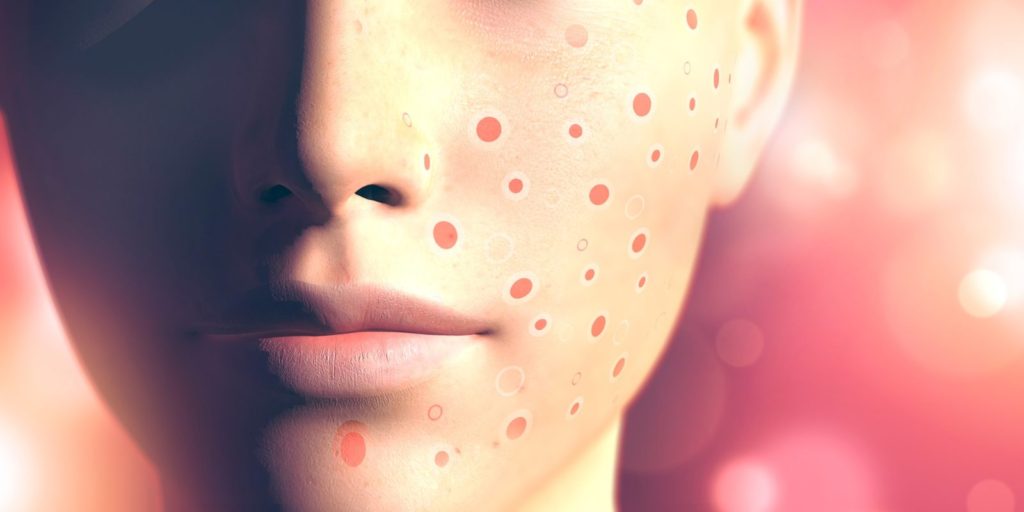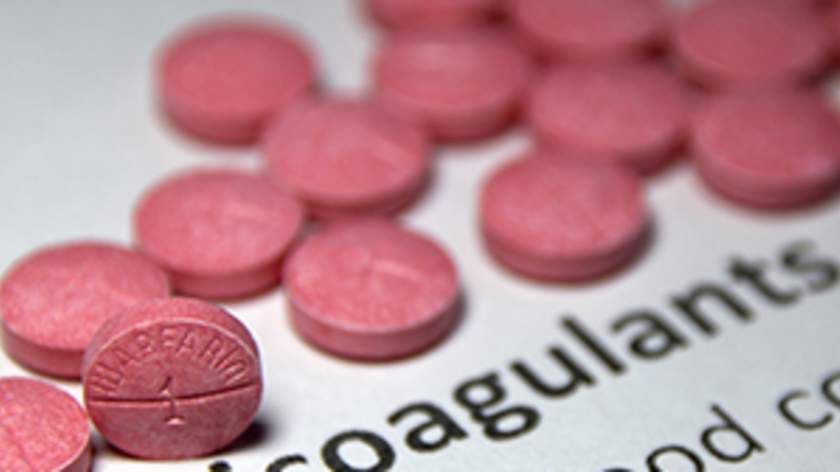There are no side-effect free medications, but some adverse events are mild and transient, while others might be permanent. Some meds may even lead to baldness.
So what pharmaceutical remedies are potentially associated with hair loss? Which ones should desirably be avoided?
How Do Medications Lead to Loss of Hair?
There are two basic stages of hair growth: telogen and anagen. Anagen is active growth lasting from 2 to 6 years. With age, the anagen phase decreases. During the telogen phase lasting 2-4 months old hair falls out, and the hair follicle moves deep into the dermis. There are two mechanisms of the effect of drugs on hair, leading to their loss. The first mechanism is the effect on anagen (preventing normal division of matrix cells), and the second one is telogen reduction (the hair goes to the dormant stage too early and therefore falls out). Affecting anagen is peculiar to chemotherapy drugs, while the so-called telogen effluvium is the most typical form of medication-induced hair loss.

1. Acne Treatments with Retinol (Vitamin A)
The retinoid therapy is used for several diseases, including acne, pigmentary disorders, psoriasis, and skin cancer. As reported by Kerstin Foitzik and Tanja Spexard (Journal of Investigative Dermatology, 2005), etinoid-induced hair loss (telogen effluvium) is among the most frequent adverse effects of retinoid therapy, which causes severe distress.
In addition, retinol (naturally) is found in many vitamin supplements. Therefore, taking vitamin supplies, it is necessary to strictly observe the dosage, taking into account age, gender and health status. Although vitamins are sold over the counter, it is best to consult your doctor or at least a nutritionist.
Excess vitamin A (which is known to improve vision) can harm the liver, cause headaches and joint pain, manifestations of lethargy, drowsiness, itchy skin, and hair loss.
It is also important to know that an overdose of vitamin A is especially dangerous for pregnant women, since it can affect the development of the fetus.

2. Antifungal Remedies (Ketoconazole)
Some antifungal pharmaceuticals, in particular Ketoconazole (sold under brand names Ketozole, Apo-Ketoconazole, and others) may lead to poor growth of hair and even its loss.
A strange situation: although oral ketoconazole can inhibit hair growth, the same drug but in the form of shampoo is used to treat baldness. Studies of ketoconazole and its effect on hair growth are still ambiguous, some scientists believe that this shampoo is ineffective.

3. Steroids: Anabolic Steroids and Progesterone
Anabolic-androgenic steroids (AASs) may cause hair loss as they elevate quantities of testosterone in the body. The excessive amounts of T hormone begin to convert to dihydrotestosterone (DHT).
Dihydrotestosterone has a detrimental effect by reducing the amount of hair on the head. The biggest nuisance is that steroid alopecia is localized in a hot spot, on the front of the skull, directly above the forehead. However, chevelure in other parts of the scalp also gets thinner.
Bodybuilders are at the forefront of the risk group for a banal reason – they use anabolics. When you stop taking illegal drugs, the process of baldness usually ceases, but not always.

4. Acne Medications – Absorica and Accutane
Absorica and Accutane are medications for treating severe acne. They both contain an identical active agent that is called isotretinion. However, the drug has a serious and relatively frequent side effect. This is hair loss. In some patients, it can be almost imperceptible or moderate, while others suffer from serious loss. Some users write that they get rid of acne and lose hair simultaneously against the background of the use of the drug. During the treatment with isotretinion-based preparations, the use of products that lead to coarse hair should be minimized. , These are, in particular, hair dyes, decoloring and straightening agents. You should also use them under the supervision of a dermatologist, and if you are prone to baldness, it is better to avoid them altogether, preferring carefully selected alternatives.

5. Warfarin – Well-Known Anticoagulant
Currently, warfarin is recognized as the “gold standard” for oral anticoagulant therapy, which has successfully proven its effectiveness in almost all categories of patients with atrial fibrillation, deep vein thrombosis and pulmonary embolism. A whole cohort of new oral anticoagulants, such as dabigatran, rivaroxaban and apixaban, has also appeared. These new drugs usually have fewer side effects, but warfarin is still very popular, thanks in part to a well-known brand. Hair loss is a rare side effect of warfarin, however, given the large number of people taking the drug, it is noticeable in the medical community.
Other Medications
The list discussed above is far from being complete; we simply selected the most striking examples. Other drugs that can cause hair loss include certain antibiotics, antidepressants, antithrombotics, epilepsy medications, chemotherapeutic drugs, and nonsteroidal anti-inflammatory drugs.
Another topic describing potential side effects of medications: Antibiotics and their Potential Hazards to Male Potency and Fertility
Hair Loss Treatment
If you experience baldness presumably from a drug, consult a doctor immediately. You may need to discontinue the drug or replace it with another one. Also, the doctor will advise appropriate treatment. In particular, if you suffer from androgenetic alopecia, which can be caused by aging, finasteride, a 5a-reductase inhibitor, can help. The enzyme 5a-reductase converts testosterone to dihydrotestosterone, an excess of which leads to baldness.
There are many herbal remedies advertised as “cures for baldness” by their manufacturers. Be skeptical about these claims.





